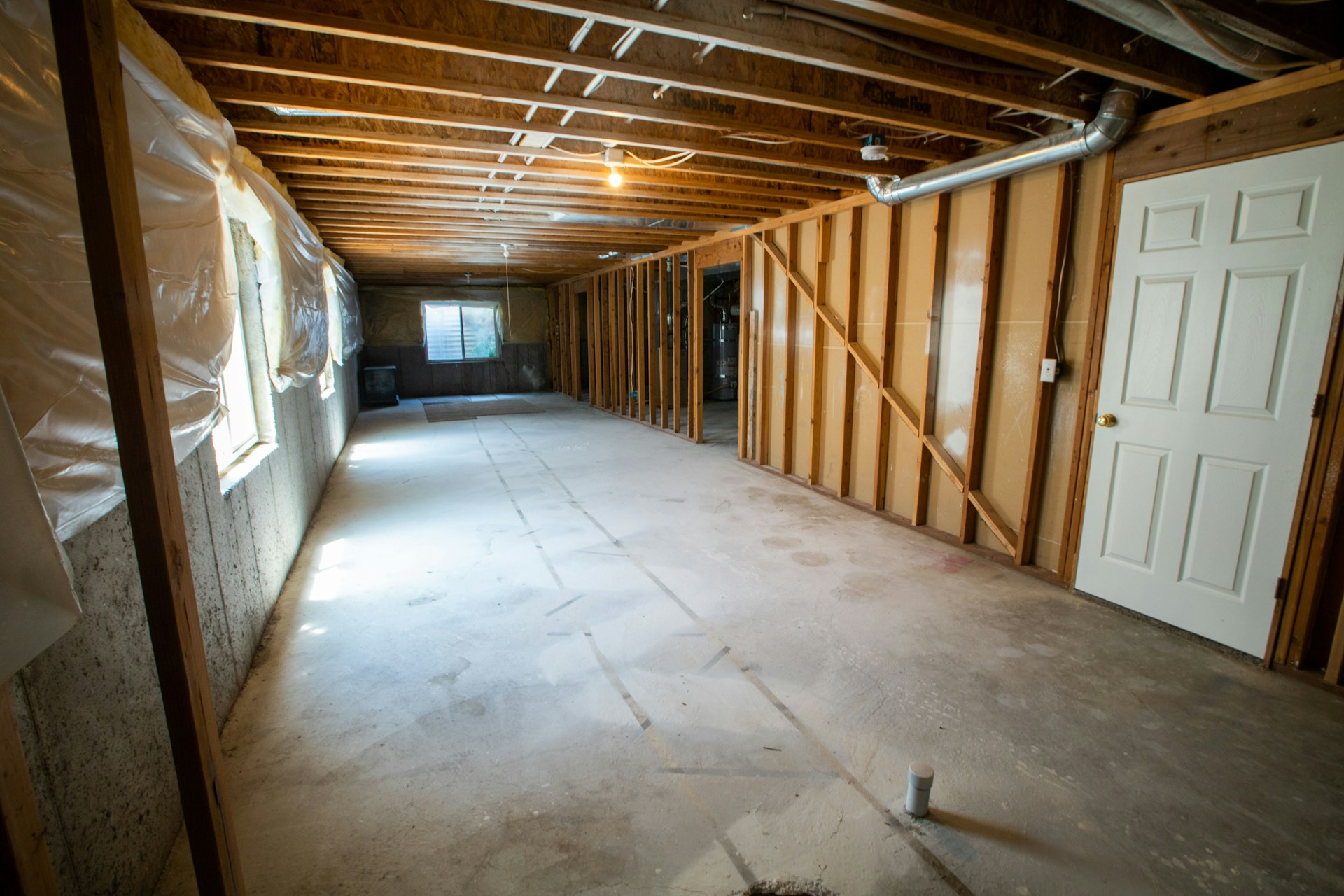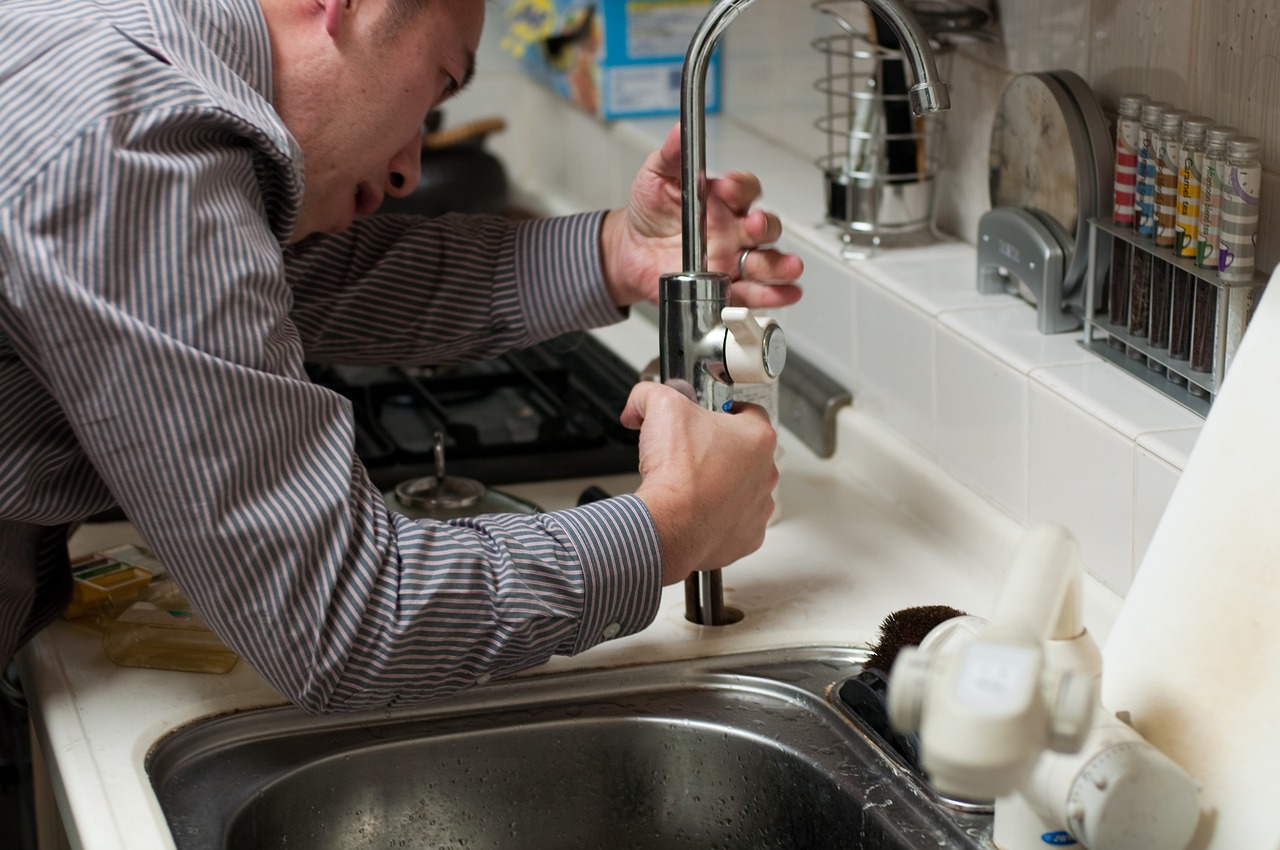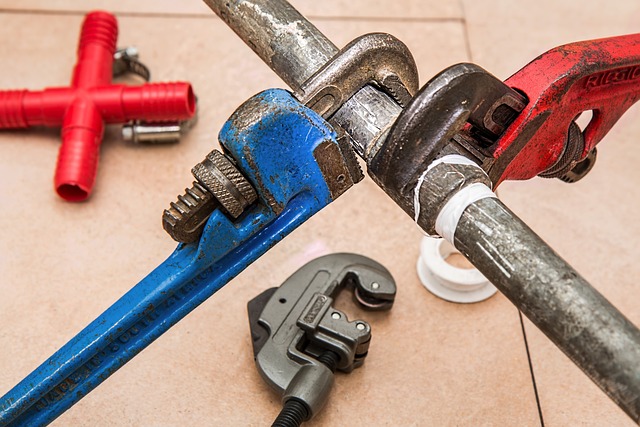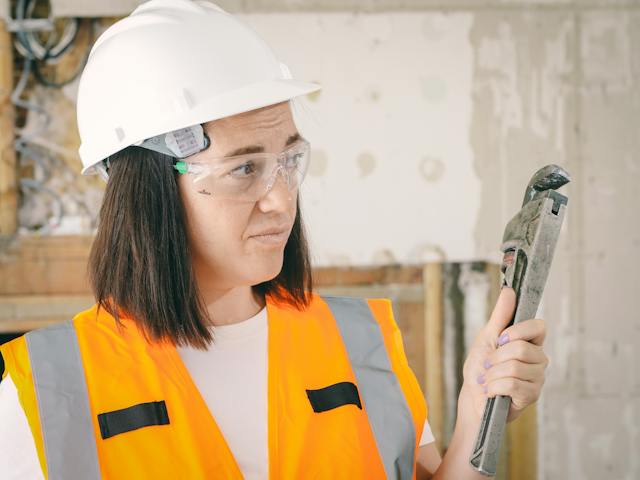Don’t Join a Restaurant Franchise Before Considering These Key Points
We all know that 90% of restaurant franchises fail within the first five years, and that statistic is not just a myth. It’s very real, and it happens because many people jump into franchising without doing their research. If you’re considering joining a restaurant franchise, you need to understand that not all franchises are created equal. Some are better than others, and some are downright terrible.
The question is, how do you know which restaurant franchise is right for you? Well, come closer as we’ll be sharing some key points you must consider before joining a restaurant franchise. Let’s get started.
Brand Strength and Market Presence


Without a doubt, a strong brand can be a game-changer for your business. It brings instant recognition, credibility, and customer loyalty. Think about those well-known fast-food chains like Starbucks or franquicias de alitas that have become generic names – their branding has played a major role in their success. Having a solid market presence is equally important. Look for franchises that have multiple locations and are known within their communities.
A solid market presence not only indicates popularity but also suggests that they’ve figured out what works in different markets. So before you take the plunge into franchising, make sure to do your research on the brand’s reputation and how it stands out from its competitors in the market.
Proven Profitability and Financial Health
Of course, your goal here is to make a profit. So, you want to make sure you’re investing your time and money into a business that has a track record of success. A profitable franchise not only means higher returns on your investment but also indicates that the business model is working effectively.
Look for franchises that have consistent sales growth and strong financial statements. This will give you confidence in their ability to weather economic downturns and maintain stability in the long run. Remember, it’s important to do your due diligence and thoroughly research each potential franchise’s financial history before making any commitments.


Quality and Consistency of Menu Offerings
Having high-quality menu items that consistently meet customer expectations is crucial for any successful food shop. Whether it’s a burger joint, pizza parlor, or sushi bar, patrons want to know they can rely on their favorite dishes being prepared with care and attention to detail each time they visit. From fresh ingredients to expertly crafted recipes, ensuring that your franchise offers top-notch menu options will keep customers coming back for more.
Comprehensive Training and Support
When joining a restaurant franchise, you need all the resources to make the most profit. That’s why franchisors that offer comprehensive training and support are always the greatest. This can make all the difference in your success as a franchisee later on.
A reputable franchise will offer extensive initial training programs to help you understand their business model, operations, and brand standards. They should also provide ongoing support, such as marketing guidance and operational assistance. With proper training and continuous support from experienced professionals, you’ll have the tools and knowledge needed to run your restaurant smoothly.


Wrapping Up
So, if you’re considering joining a restaurant franchise or starting your food shop, remember to thoroughly assess these key points before taking the plunge. By doing so, you’ll be setting yourself up for success in this competitive industry. Remember, owning a restaurant or food shop can be an incredibly rewarding endeavor when done right.






